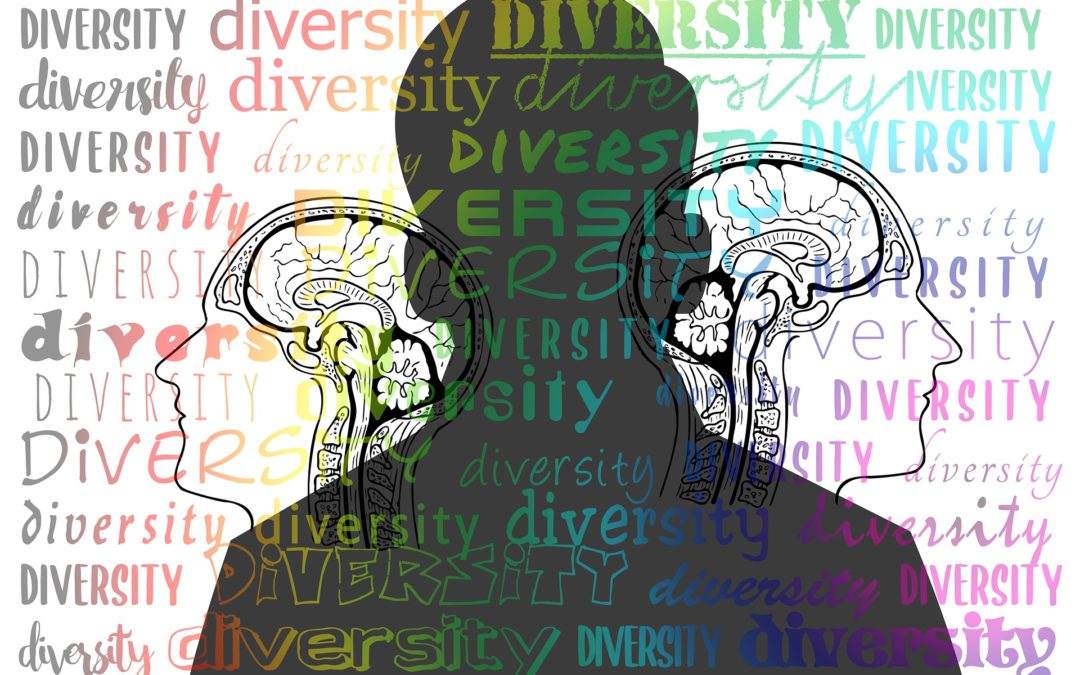
Mar 26, 2023 | Blog, Films, Translation
Audiovisual productions and their translation Films, series, music, documentaries… These audiovisual productions are now an integral part of our daily lives and have become one of the most common forms of entertainment for families and friends. However, like many other businesses, the world of audiovisual production has changed and evolved over the years. The way information is communicated today is very different from the way it was communicated many years ago. In the beginning, films were silent (who doesn’t know the famous Charlie Chaplin) and therefore there was no language barrier to exporting these films. The concept of films changed when dialogues appeared. It was no longer a simple video production. Other factors also gained importance: dialogues, languages, sounds, etc. This is why translation plays such a crucial role in audiovisual productions today. Without it, language barriers could not be overcome, and films and series could not be exported. Translating audiovisual productions Dialogues and languages are not the only features that have changed the audiovisual world. There is another more recent factor to consider: streaming platforms. Everyone is familiar with these “new” platforms. They have become part of our lives in recent years. The number of series and films produced has grown exponentially since the creation of these companies. More productions, more languages, more actors, more actresses, more translation services needed… In fact, the development of this sector has been extensive and has not yet reached its peak. Films and series with multiple languages in their plots If we focus on languages, we can assume that, depending on the country where the film or series is made, the language...

Feb 21, 2023 | Blog, Language Varieties, Translation
Do personality and language go hand in hand? Have you ever noticed that your behaviour changes when you speak a language other than your mother tongue? Do you speak louder than usual or use your body language more (or less) in a particular language? Most multilingual or multicultural people would answer “yes” to these questions. This is because a certain relationship exists between personality and language. In fact, several scientific studies suggest that these adaptations, or “shifts”, are exactly what happens when you speak another language. In this blog post, we will focus on the relationship between a language and a speaker’s personality when using a particular language. What factors link personality and language? Studies suggest that people are likely to change their personality depending on the language they speak. This phenomenon is due to people’s perceptions of the language and its culture. It is not difficult to imagine that you feel more confident speaking in your mother tongue than in a foreign language. How confident you are in speaking a particular language affects how you behave. For example, if you are unsure about grammatical rules, you are likely to be afraid of making a mistake. You may therefore avoid speaking the language. However, this is not the only factor linking your personality and the language you speak. In fact, another aspect has a greater impact on your behaviour. Studies suggest that how you perceive a given language determines how you behave with that language. Put simply, the perceptions you have of a particular language lead you to behave in a certain way. For example, if you associate French...

Jan 23, 2023 | Blog, Tips for Translators, Translation, Translation News
The number of translators in the world It is said that there are 6,900 different languages in the world today. In a world where so many languages exist, there are professionals who play an important role in connecting people through different languages. These professionals are translators, located worldwide. They introduce foreign cultures and their languages to their communities. Furthermore, they translate the nuances of other languages accurately and, through accurate translation, they help to provide relevant information. Even if not always obvious, translators worldwide affect in our lives in numerous ways. For example, they help to convey messages to younger generations. As languages change over time, translators must adapt. The Internet gave birth to slang, and the younger generation creates new words all the time. Therefore, translators need to constantly keep up with the latest language trends. So, how many translators are there in the world? According to some estimates, there are 640,000 translators in the world. They are based in various regions around the world and work on a wide variety of translations. Their presence is essential to keep the 6,900 languages alive. How translators worldwide help people’s lives Translators worldwide are behind many of the things we do and enjoy. Take arts and culture, for example. Many books and artworks have become available thanks to the work of translators. Another fitting example is the film industry. Numerous countries make films and watch those with subtitles or dubbed into other languages. If a movie is made in one language only, it cannot be distributed and shared across the globe. And this is where translators come in. Translators are...

Dec 18, 2022 | Blog, Communication, Funny, Holidays
Numerous articles and studies have now been written and published about the benefits of multilingualism. You only have to Google these last three words to get thousands of results. If you have a little bilingual child and you’re stuck for what presents to buy this year, why not put multilingual toys under the Christmas tree? Here’s a brief rundown on why you should! Why is learning another language good for us? Back in the 1920s through to the 1960s, the tendency was to find that bilingual children were not as efficient thinkers as monolingual children. The good news today is that the latest research has shown that bilinguals have thinking advantages over monolinguals. Early research was flawed. It didn’t compare like-for-like subjects (different social and educational backgrounds) and tested bilinguals in their weaker language. Today’s research across the world shows that bilinguals are more fluent, flexible, and creative thinkers, and move more speedily through the stages of cognitive development. But over and above the personal linguistic and cognitive advantages, knowing two or more languages also enables communication beyond national borders. It helps to understand other cultures and to better integrate our globalized societies. When is it best to start learning another language? Therefore, if the above is indeed true, it makes sense that the earlier a child learns a second language, the better. Not simply because the earlier children are aware of differences, the better, but because young children learn languages just as naturally as they learn to walk, run, or jump. They’re not concerned about mistakes or mispronunciation; they keep trying and acquire the words they need to...

Nov 25, 2022 | Blog, Promotions, Traditions
Black Friday’s origins Black Friday is celebrated all over the world today, but do you know where this “tradition” comes from? Officially claimed to be the busiest shopping day of the year only since 2001, its origins can be traced back to a financial crisis that occurred in 1869. It was not even on the day after Thanksgiving, but on September 24. On that day, two Wall Street financiers bought up as much of the nation’s gold as they could to try to sell it and gain astonishing profits. However, their conspiracy was unraveled, and the stock market went into bankruptcy. What does this have to do with the Black Friday that we all know today? Well, it seems that after a year “in the red”- that means faced with losses – stores finally managed to earn a profit on the day after Thanksgiving. The expression for earning a profit used by Americans is “going into the black”, hence the so famous “Black Friday”. However, there are other stories behind our shopping holiday. One of these goes back to the 1950s. Cops in Philadelphia used the expression Black Friday to describe the chaos of the day after Thanksgiving. Shoppers and tourists flooded the city for the football game held on the Saturday. For this reason, they could not take the day off. By 1961, people unsuccessfully tried to replace the word “black” with “big” to remove the negative connotation. Only in the 1980s retailers used the word “black” to refer to the concept of “going into the black”. The result is this special day when every brand, from the...

Oct 21, 2022 | Blog, Communication, Traditions, Worldwide
Thanksgiving is synonymous with getting together, being grateful and understanding and celebrating all the good things the year just passed brought. Times like these help us to reflect on some of the most important values in life. Sharing, communicating, and exchanging with one another makes us feel good. It helps people to better understand each other. Not only does it give context to actions but it also makes us more tolerant and respectful. It breaks boundaries, bridges gaps and unites people across borders. The more we understand each other, the more tolerant, peaceful and unified our world will be. This is why cultural and linguistic diversity is our world’s true wealth. Differences bring us closer The translation industry exists because of cultural and linguistic differences. They are at the heart of everything we do. It is because we know about these differences and how important respecting them is that we can facilitate successful international communication. We are constantly reminded of the importance of using the services of professional and qualified translators in order to avoid ridicule or damaging misunderstandings. From poorly translated subtitles (e.g. Squid Games) to embarrassing and dangerous mistranslations made by international corporations or governments, the examples abound. With countless cultures and subcultures in the world, understanding differences, ours and those of others, is crucial. It brings us closer. Cultural and linguistic diversity brings open-mindedness and comprehension. It gives meaning to actions and words, it makes us unique, which makes sharing so much more rewarding. Learning about different traditions, foods, music, dances, colours, dialects and accents adds to the importance and the wealth of cross-cultural diversity. Cultural...






















